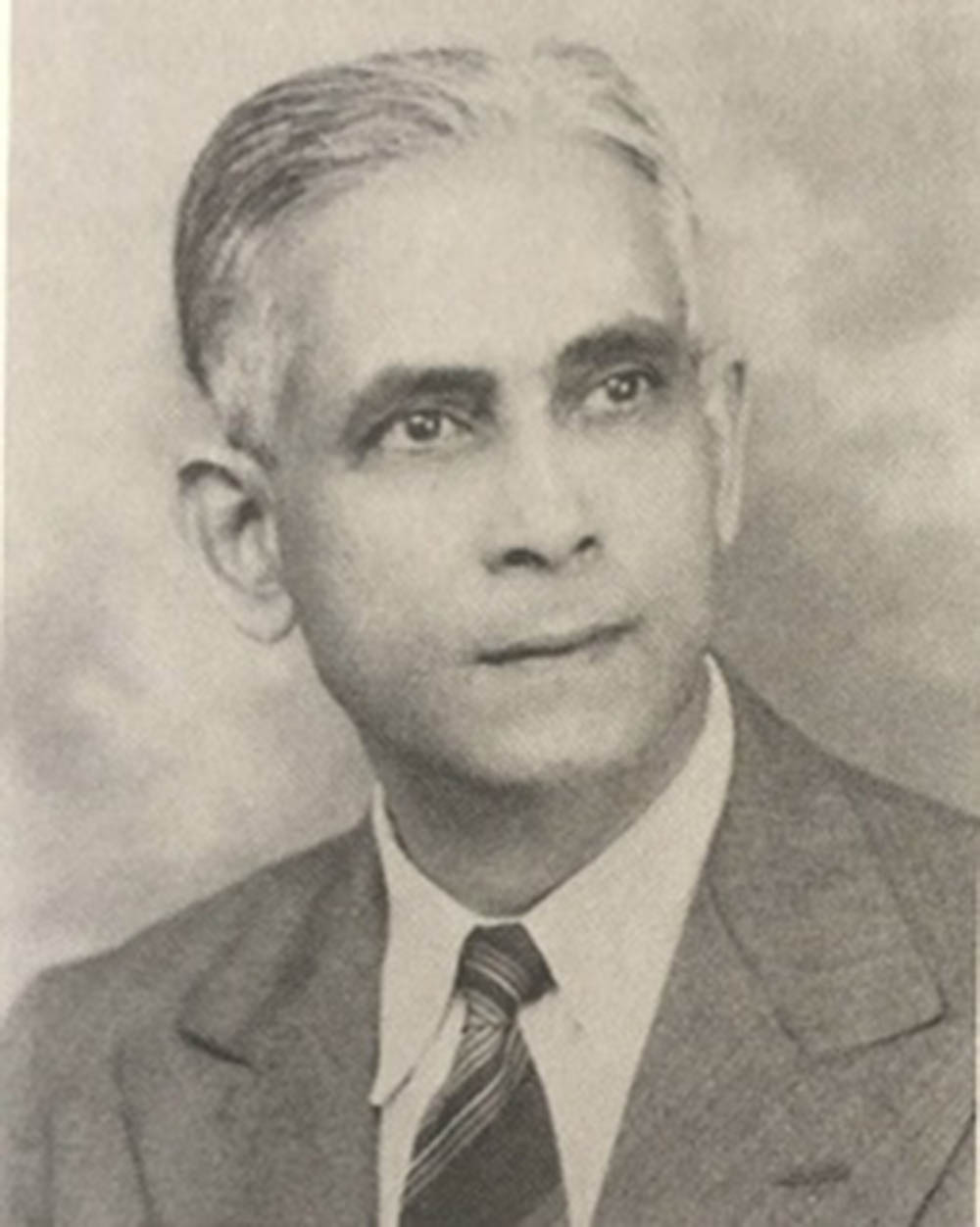By Nigel Westmaas
In November 1916, the British Guiana East Indian Association (BGEIA) was established in New Amsterdam. At this meeting, Joseph Ruhomon moved that the Society be called “The British Guiana East Indian Association.” This was unanimously carried. Joseph Alexander Luckhoo, (who as Financial Representative for the South East Essequibo became the first Indian Guyanese to win a seat in the colonial legislature in October 1916), after pronouncing in favour of the idea of the Association, called on Ruhomon, civil servant, journalist and Indian rights activist, to outline the aims and objects of the society. These included, inter alia, protecting the general “interests of East Indians and to obtain redress for them in established cases of grievances”; establishing a scheme for “settling time expired East Indian immigrants on the land under conditions that would ensure to the settlers the best possible results”; amend the colony’s constitution so that Indians could “write their own languages and with the necessary qualifications, may be enabled to exercise the franchise”; advocate and promote “by all possible and legitimate means, the intellectual, moral, social, economical, political and general public interests and welfare of the East Indian Community at large”; and to “promote among East Indians fellowship and social converse and interchange of thoughts and ideas by means of public sports, entertainments, lectures and conventions”.

